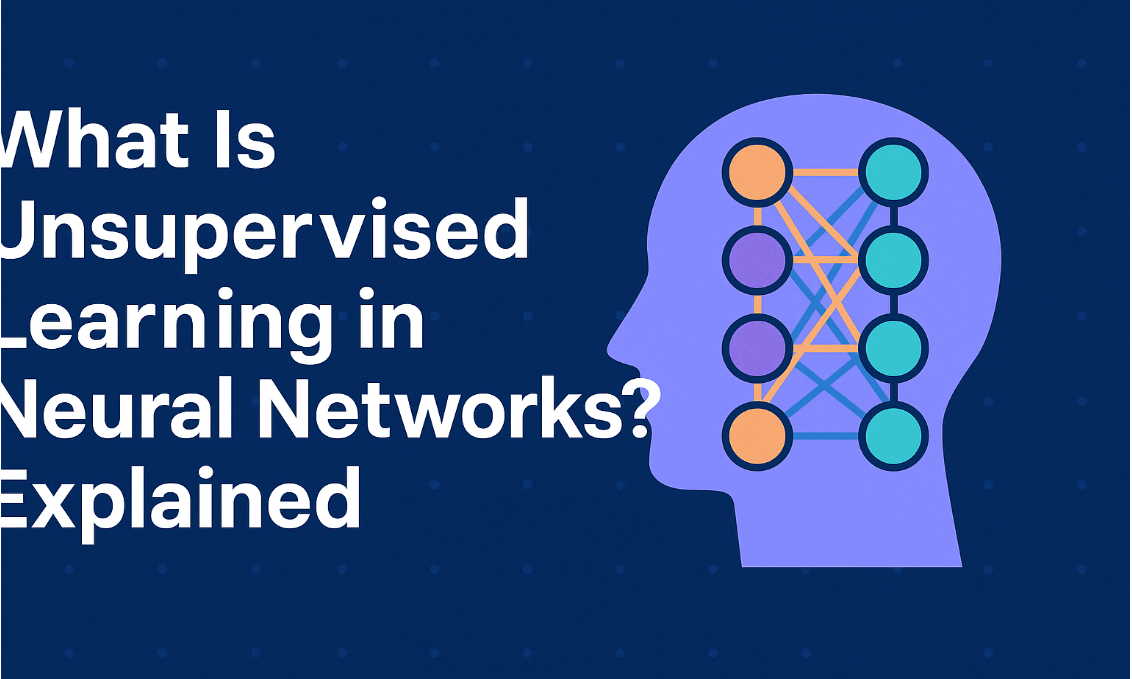.png)
Quantum Computing: Beyond the Hype
Introduction
Quantum computing is a revolutionary technology that harnesses the principles of quantum mechanics, capturing the imagination of scientists, engineers, and the public alike. While the potential of quantum computers to solve complex problems that are intractable for classical computers is immense, it’s essential to sift through the hype and understand the current state of quantum computing along with its limitations.
Understanding Quantum Mechanics
At the heart of quantum computing lies quantum mechanics, a branch of physics that describes the behavior of matter and energy at atomic and subatomic levels. Unlike classical physics, quantum mechanics introduces two fundamental principles that enable quantum computers to perform calculations in ways that classical computers cannot:
Superposition
Quantum bits, or qubits, can exist in multiple states simultaneously. This capability allows quantum computers to process information in parallel, dramatically increasing their computational power.
Entanglement
Qubits can become linked in such a way that the state of one qubit is dependent on the state of another, regardless of the distance between them. This phenomenon allows for complex correlations and can enhance the processing capabilities of quantum systems.
The Promise of Quantum Computing
The potential applications of quantum computing are vast and span various fields:
Materials Science
Quantum computers can simulate the properties of new materials, paving the way for advancements in energy storage, electronics, and medical applications. This capability could lead to the development of more efficient batteries or better pharmaceuticals.
Drug Discovery
By simulating complex molecular interactions, quantum computers can significantly accelerate the discovery of new drugs. This application holds promise for personalized medicine and treatments for diseases that are currently difficult to address.
Optimization Problems
Quantum algorithms can solve optimization problems—such as those found in logistics, financial modeling, and machine learning—more efficiently than classical computers. This efficiency could lead to more effective resource management and decision-making in various industries.
Cryptography
While quantum computers have the potential to break certain classical cryptographic algorithms, they can also enable new forms of quantum-resistant cryptography, ensuring secure communication in a future where quantum technology is prevalent.
Current State of Quantum Computing
Despite its promise, quantum computing remains in its infancy. Here are some key challenges and limitations:
Qubit Coherence
Maintaining the quantum state of qubits for a sufficient duration is crucial for practical quantum computing. Decoherence, caused by the interaction of qubits with their environment, can disrupt their quantum state, rendering computations unreliable.
Error Correction
Quantum computers are susceptible to errors due to the fragile nature of quantum operations. Developing efficient error correction techniques is essential for reliable quantum computation, and researchers are actively working on this challenge.
Scalability
Building large-scale quantum computers with enough qubits to solve meaningful problems presents a significant engineering challenge. Current quantum systems are often limited in the number of qubits they can effectively manage.
The Hype vs. Reality
While the excitement surrounding quantum computing is understandable, it’s important to maintain realistic expectations. Quantum computers are not a cure-all for every computational problem. Certain problems may be better suited for classical computing methods. Moreover, the development of quantum computing is complex and iterative, likely requiring years or even decades to fully realize its potential.
Conclusion
Quantum computing represents a groundbreaking shift in technology with the potential to revolutionize various fields. However, it is essential to approach it with a balanced perspective, acknowledging its limitations and the challenges that lie ahead. As research and development in quantum computing continue to progress, we can look forward to exciting breakthroughs and applications that will shape the future of technology and society.








